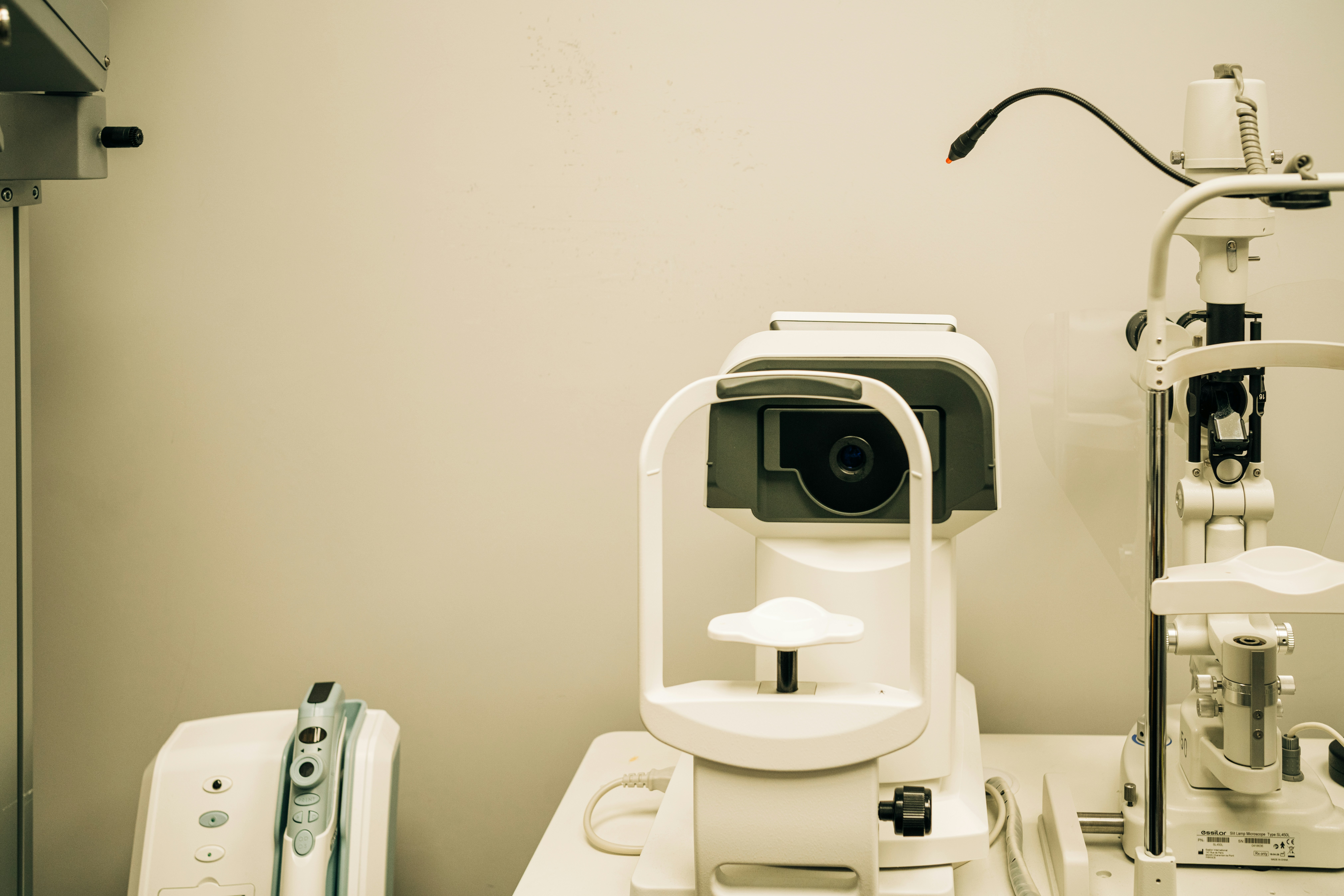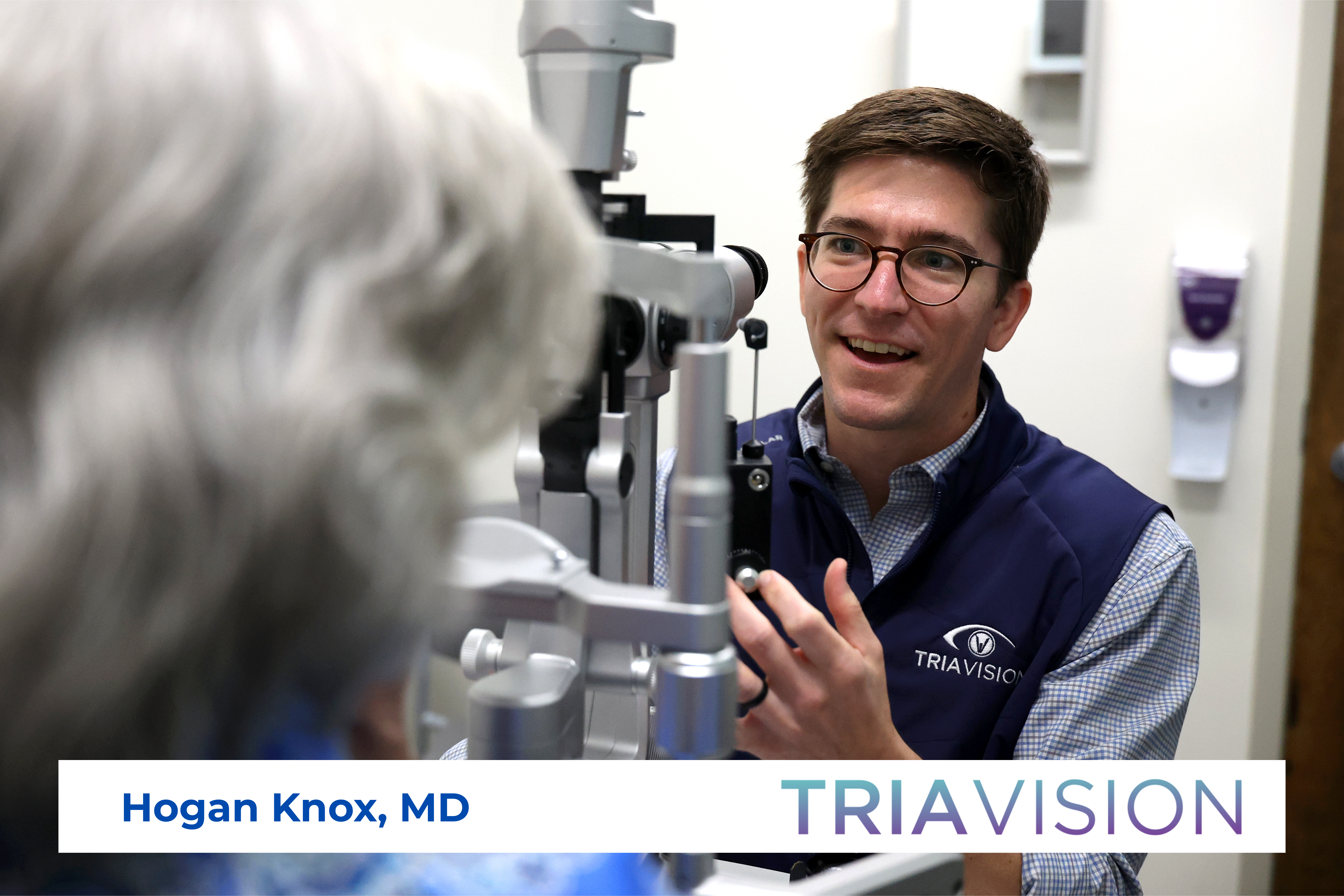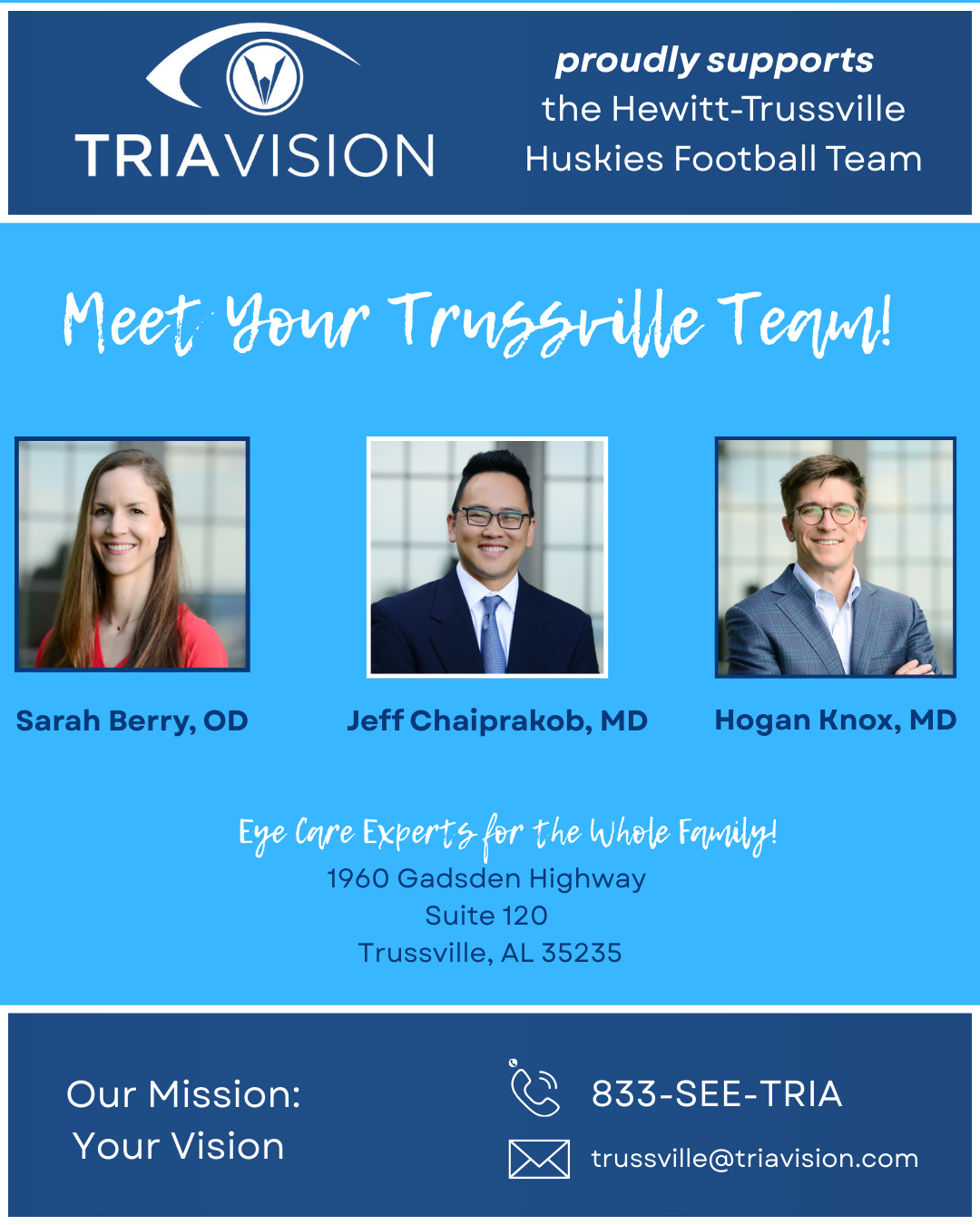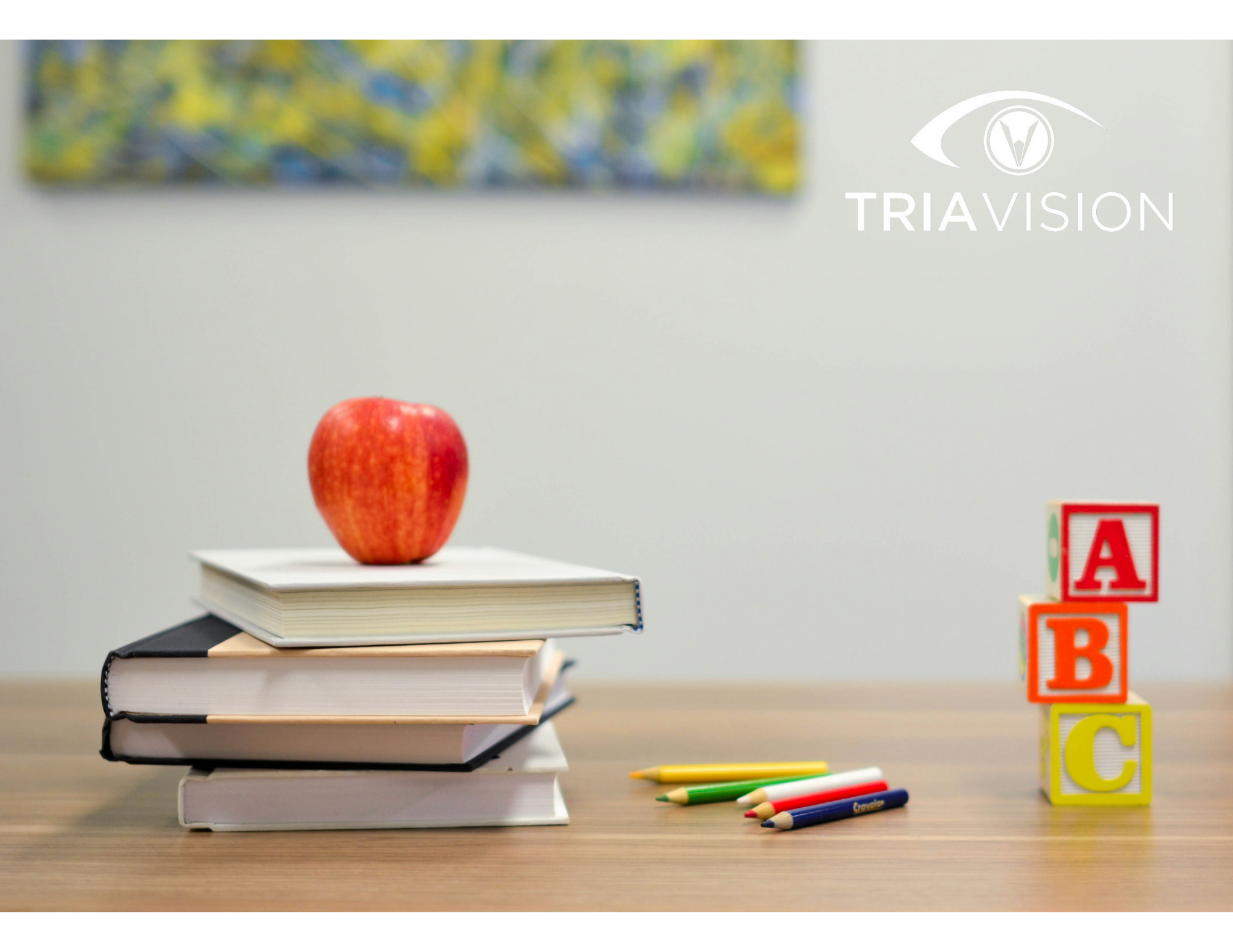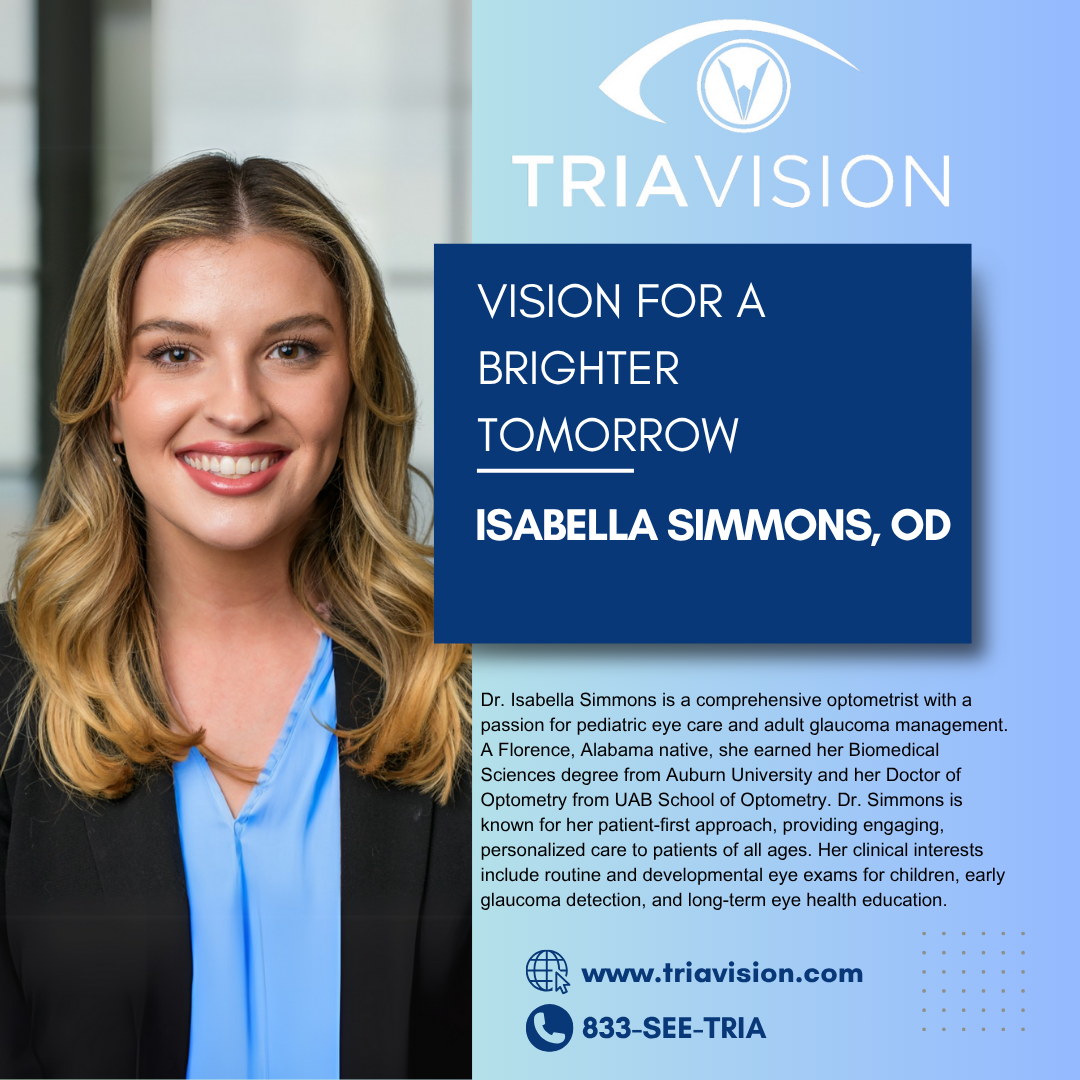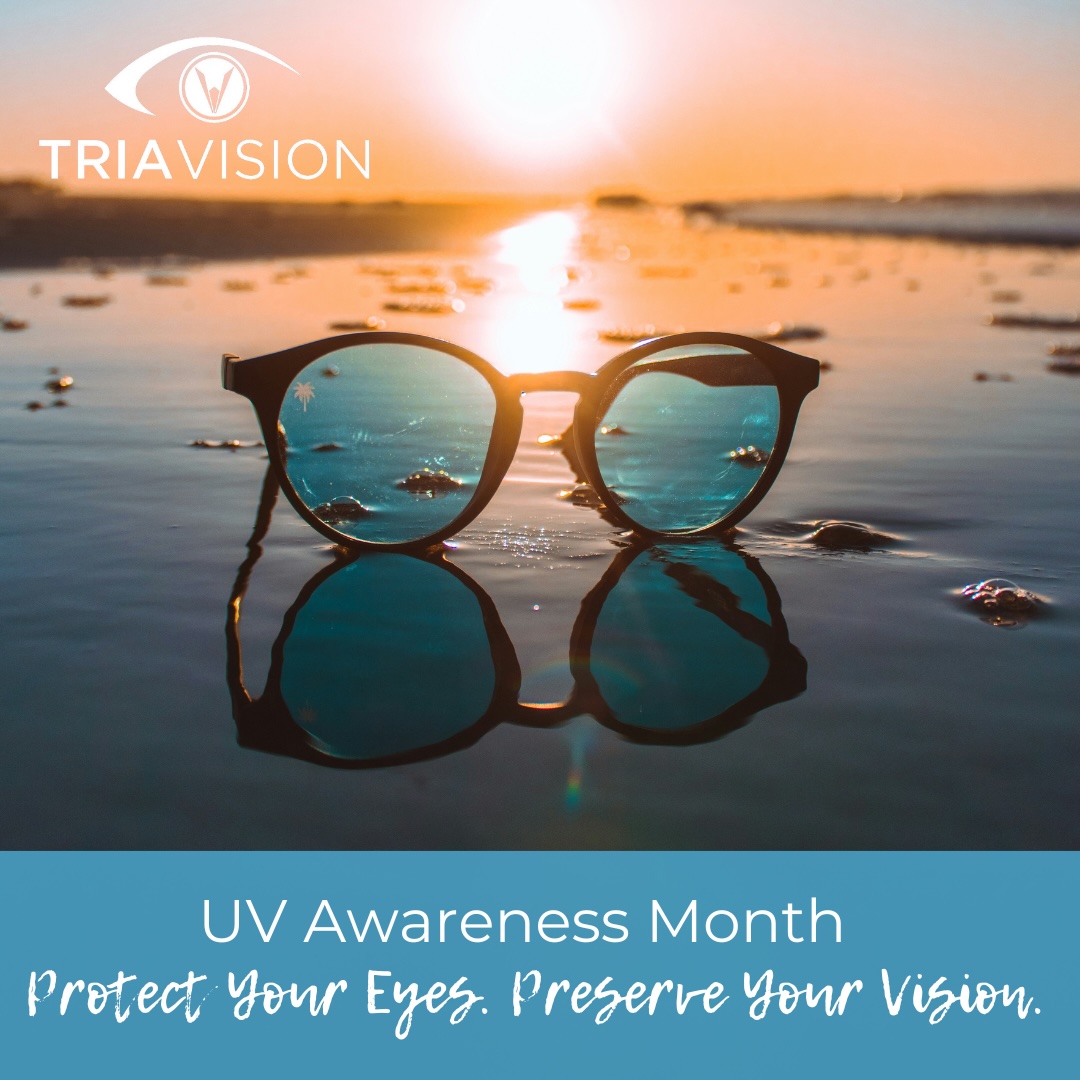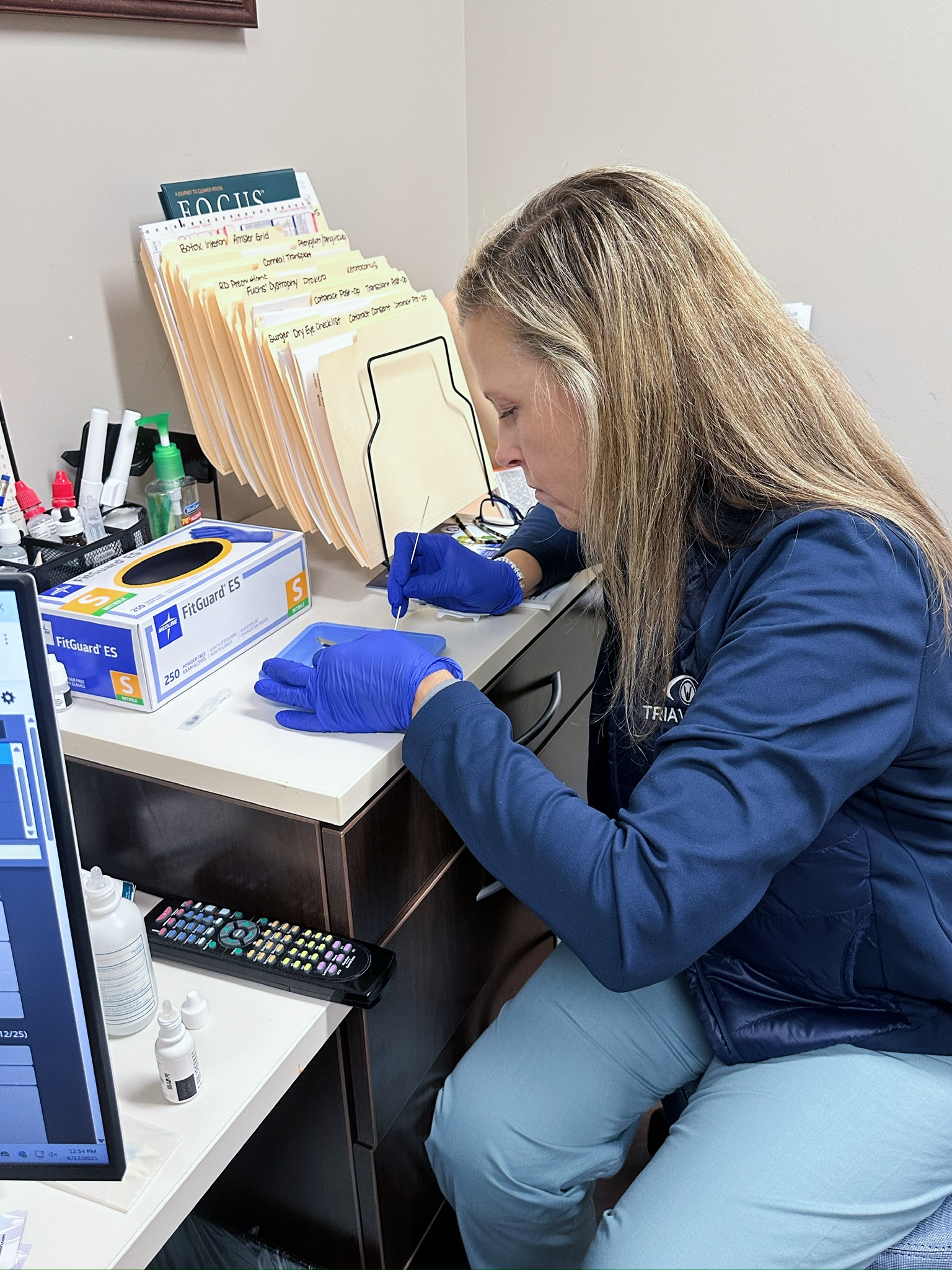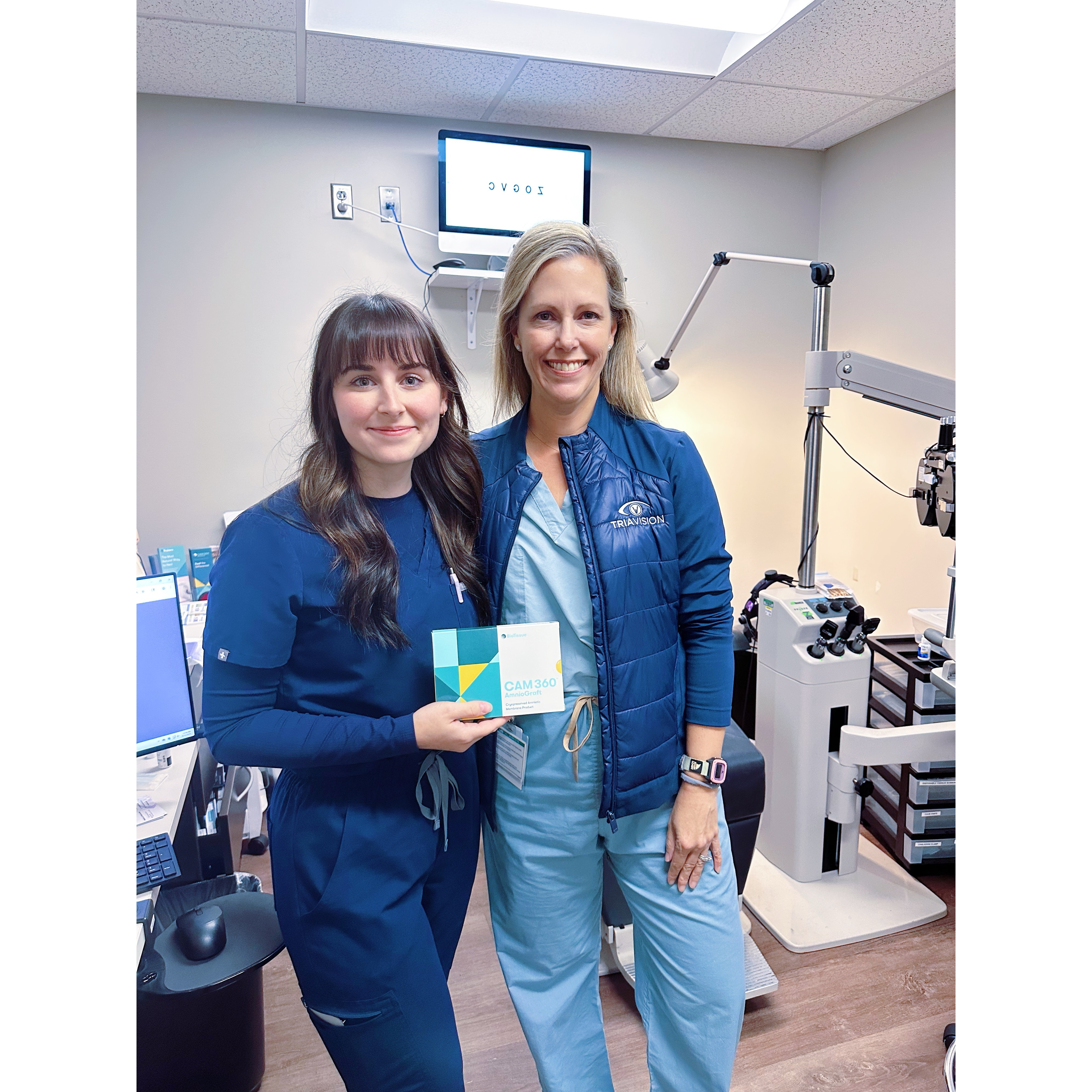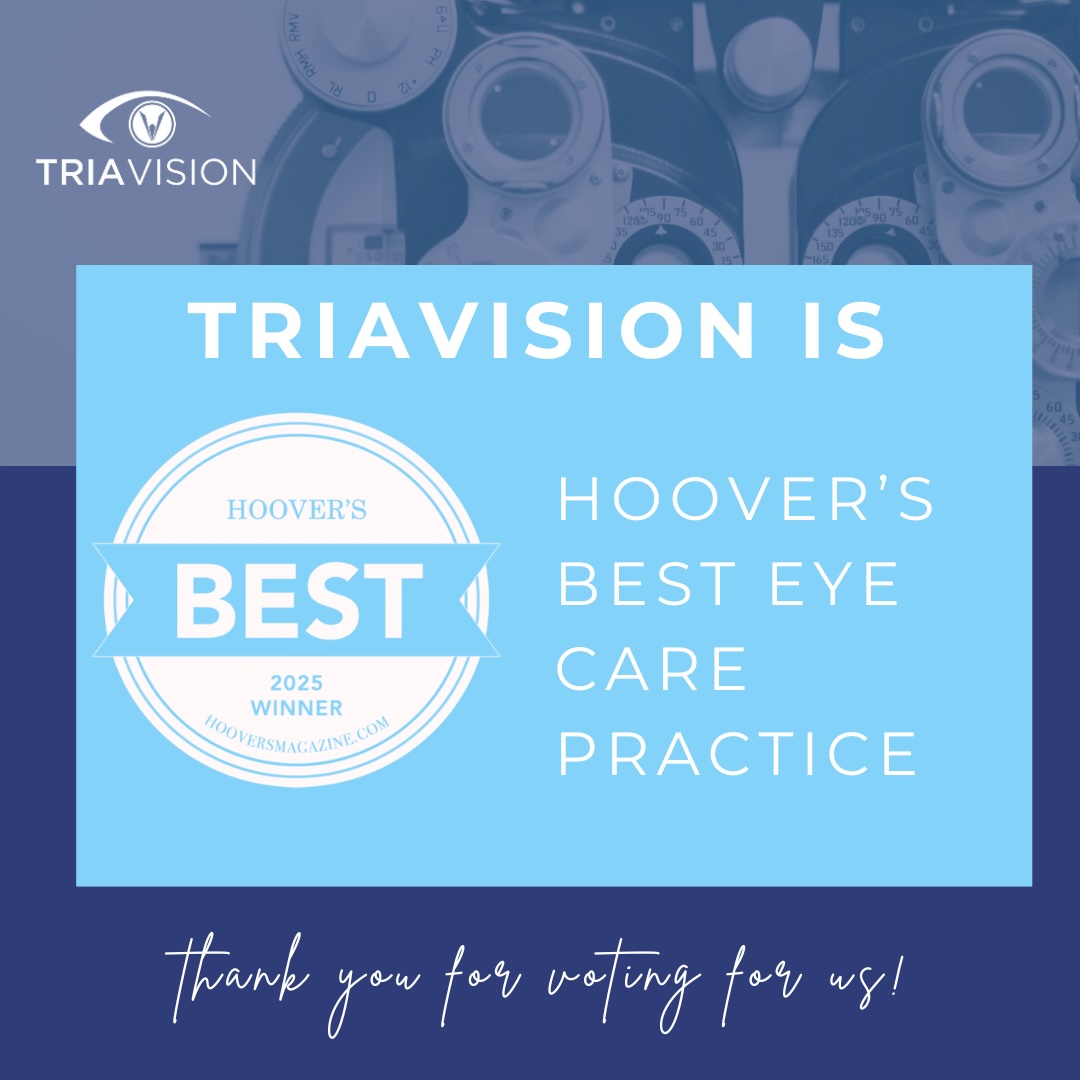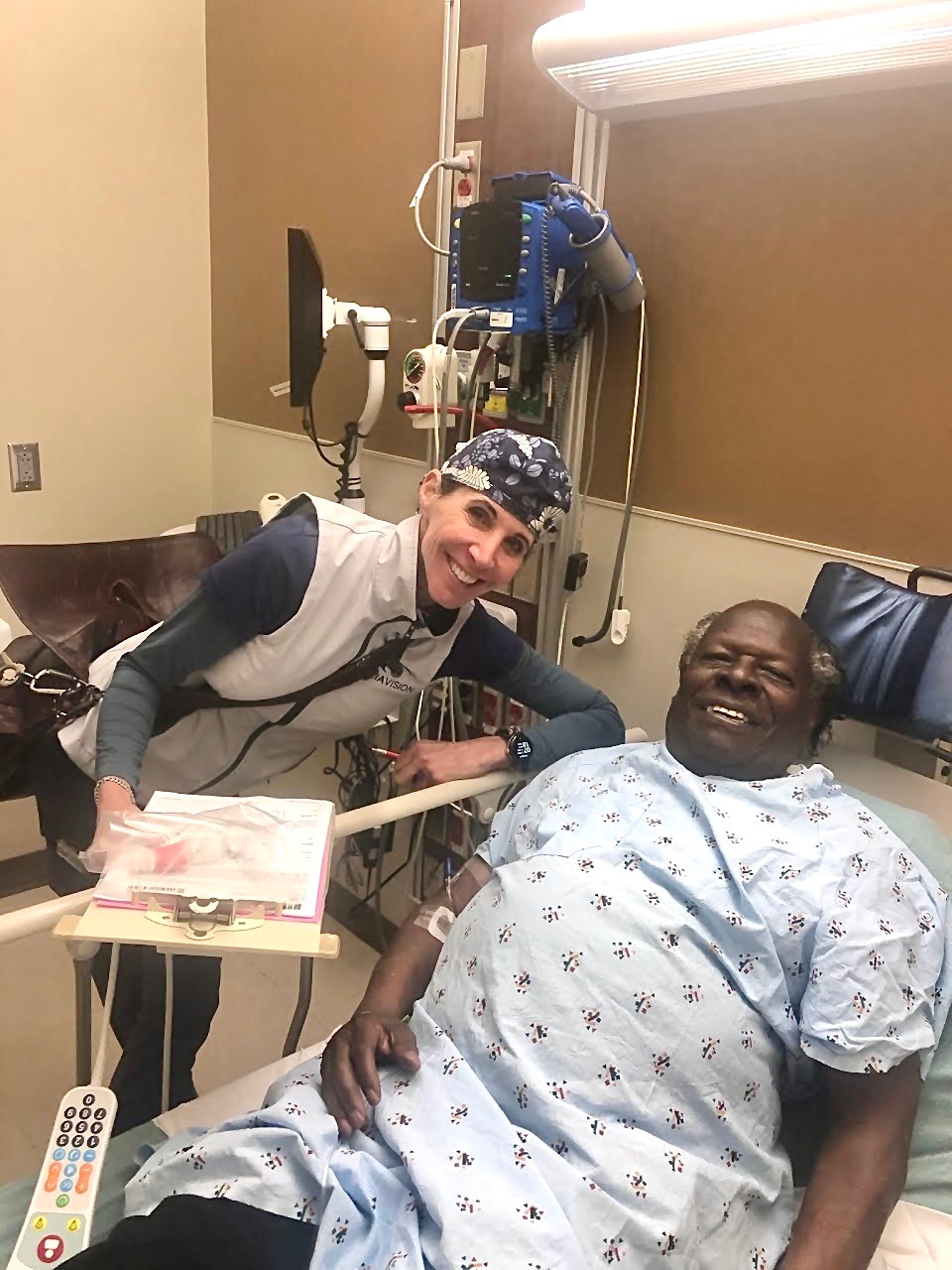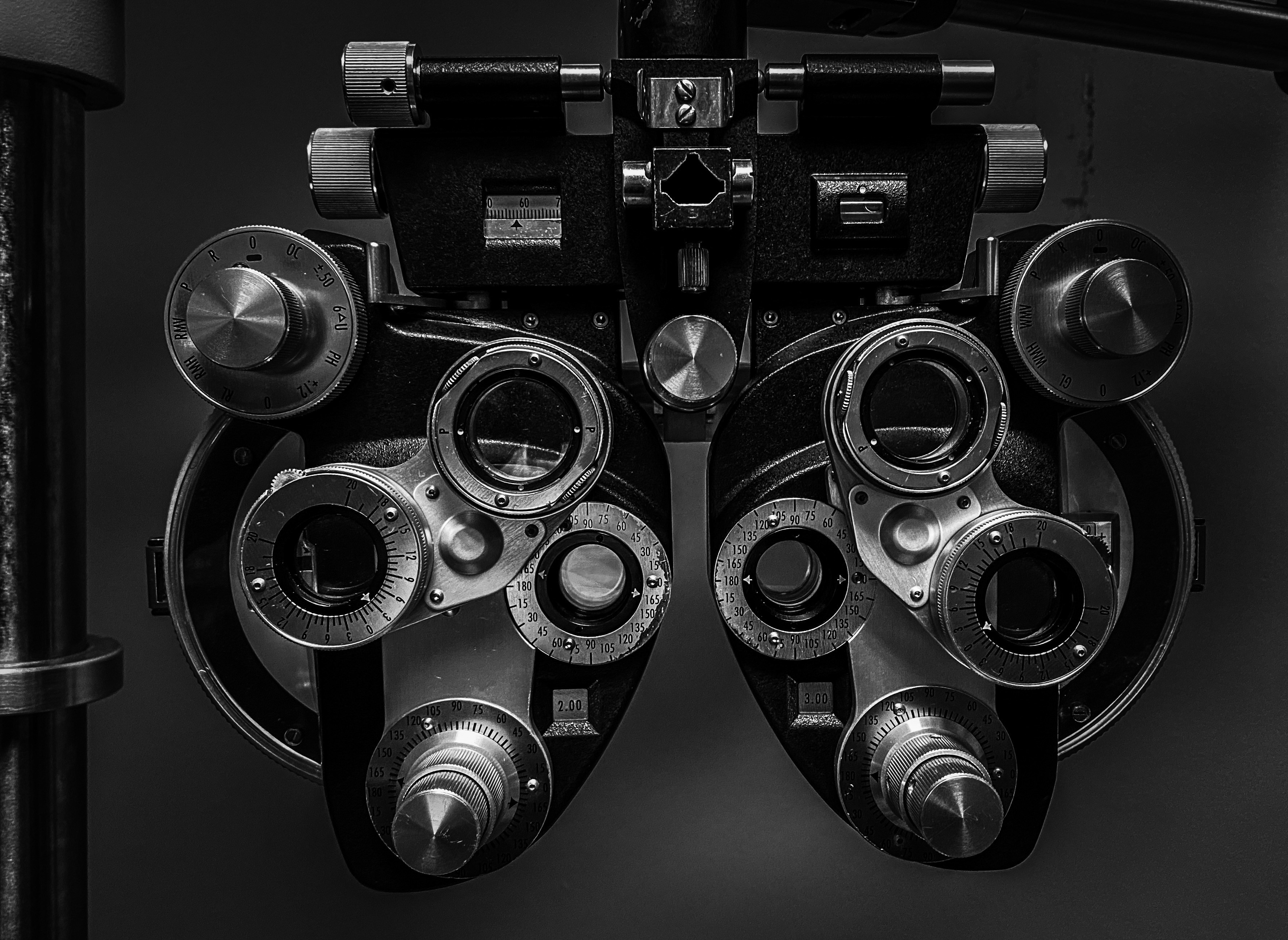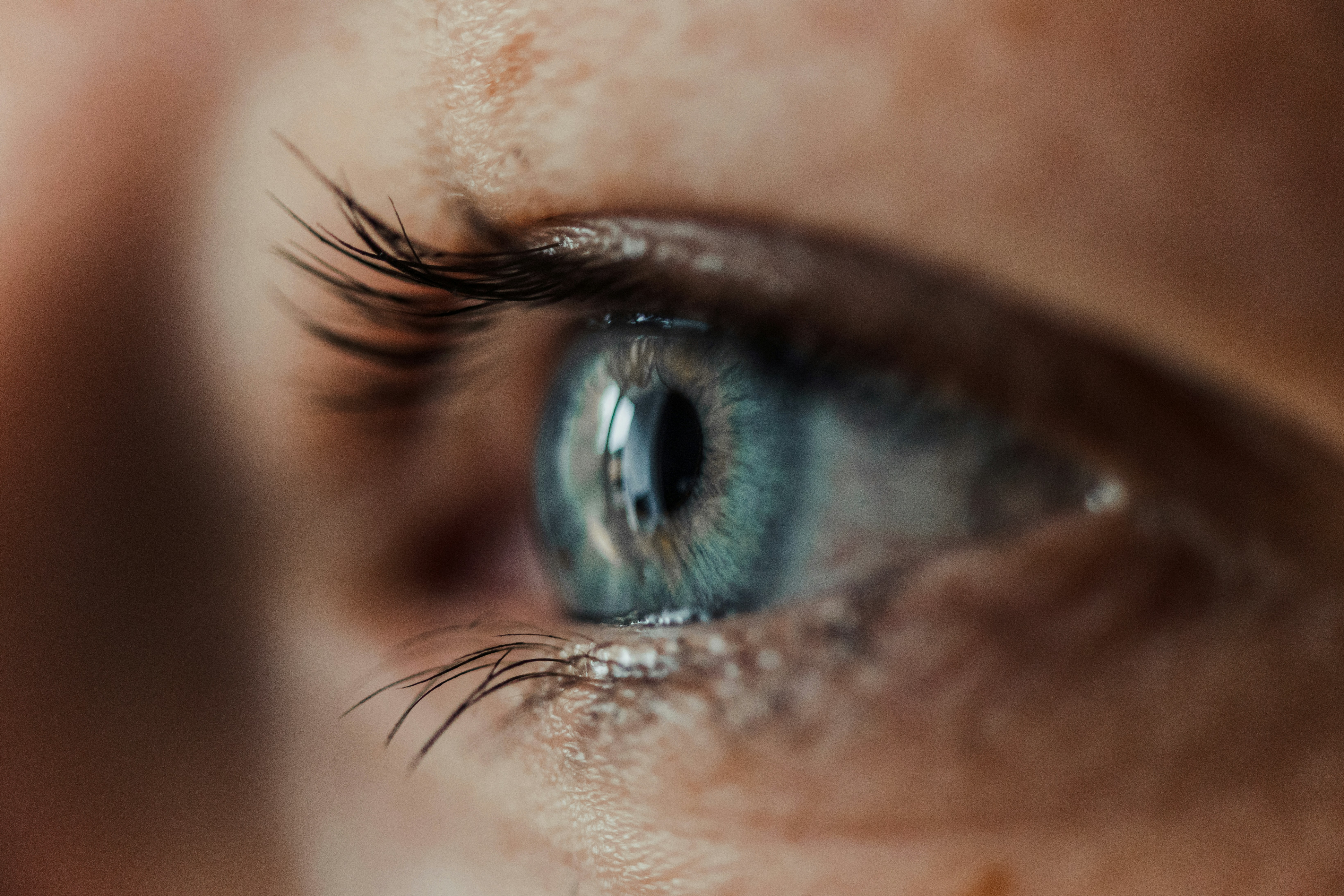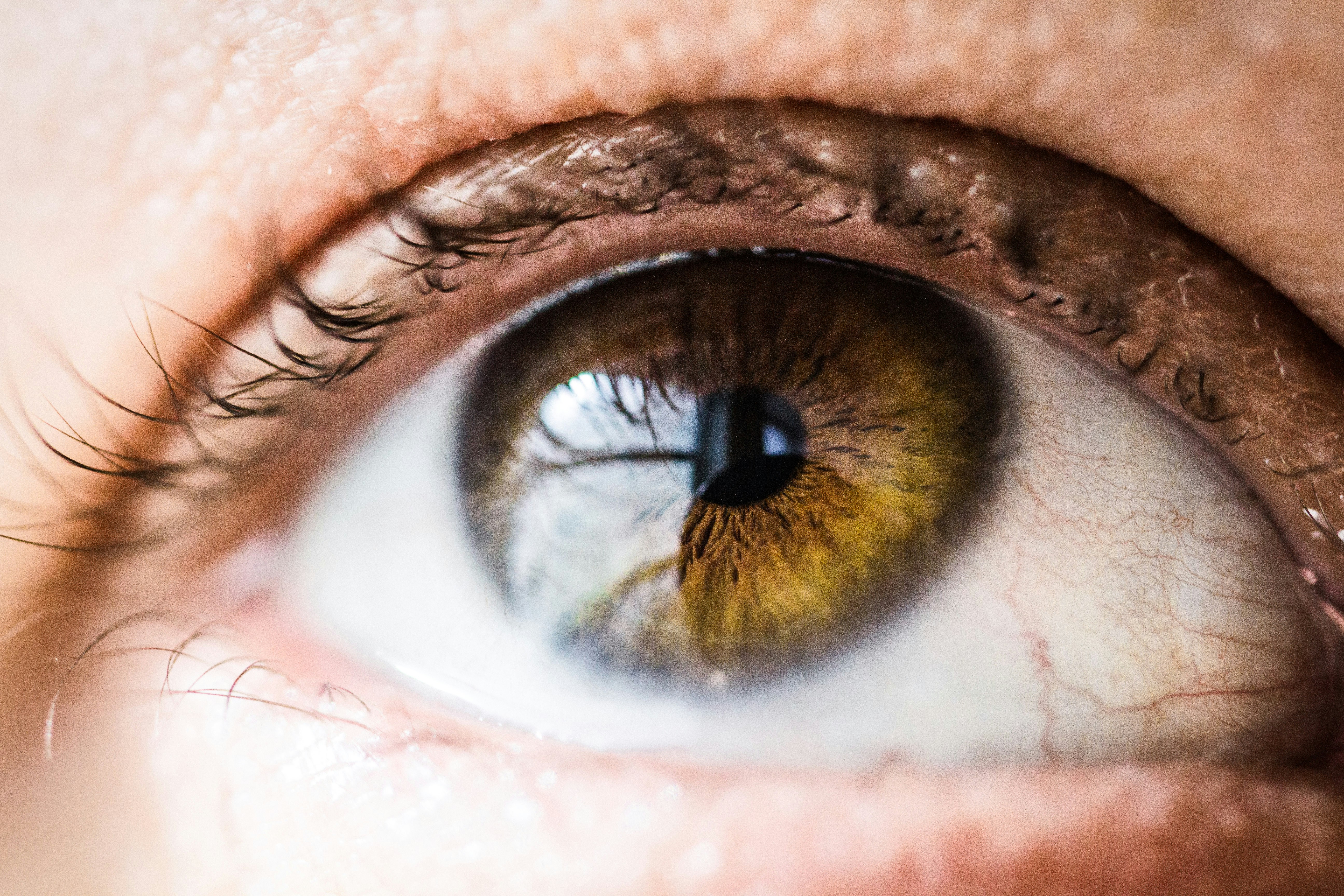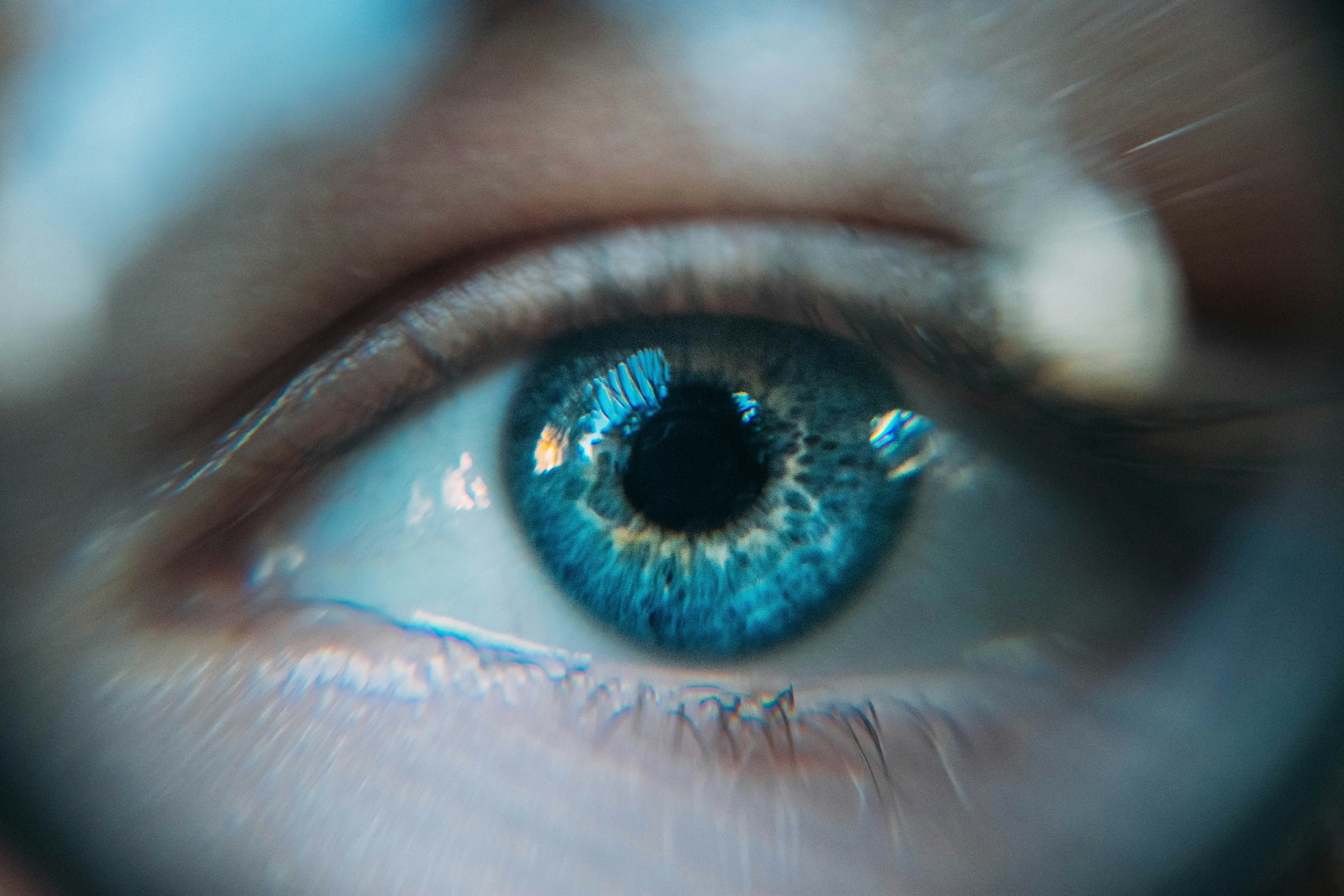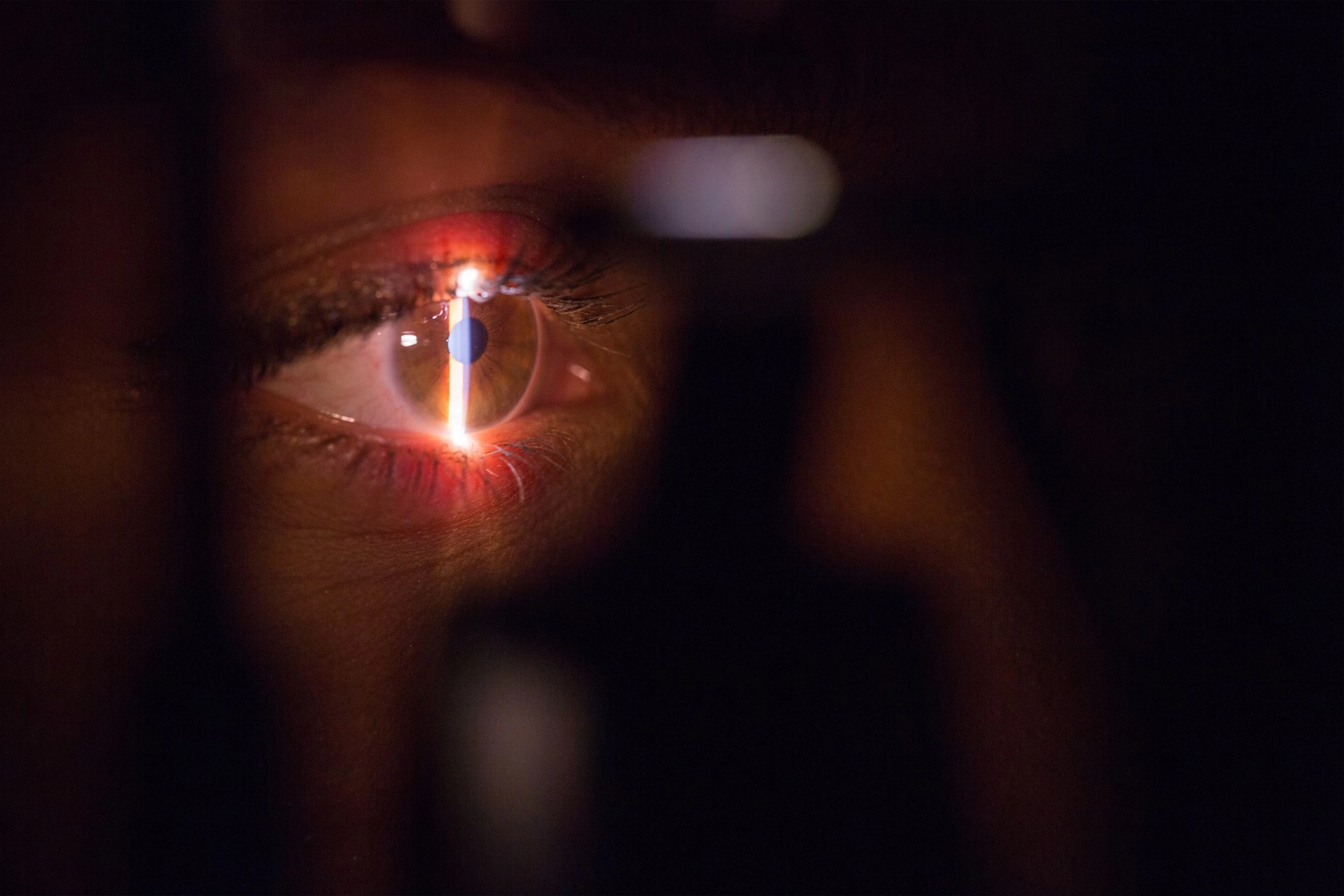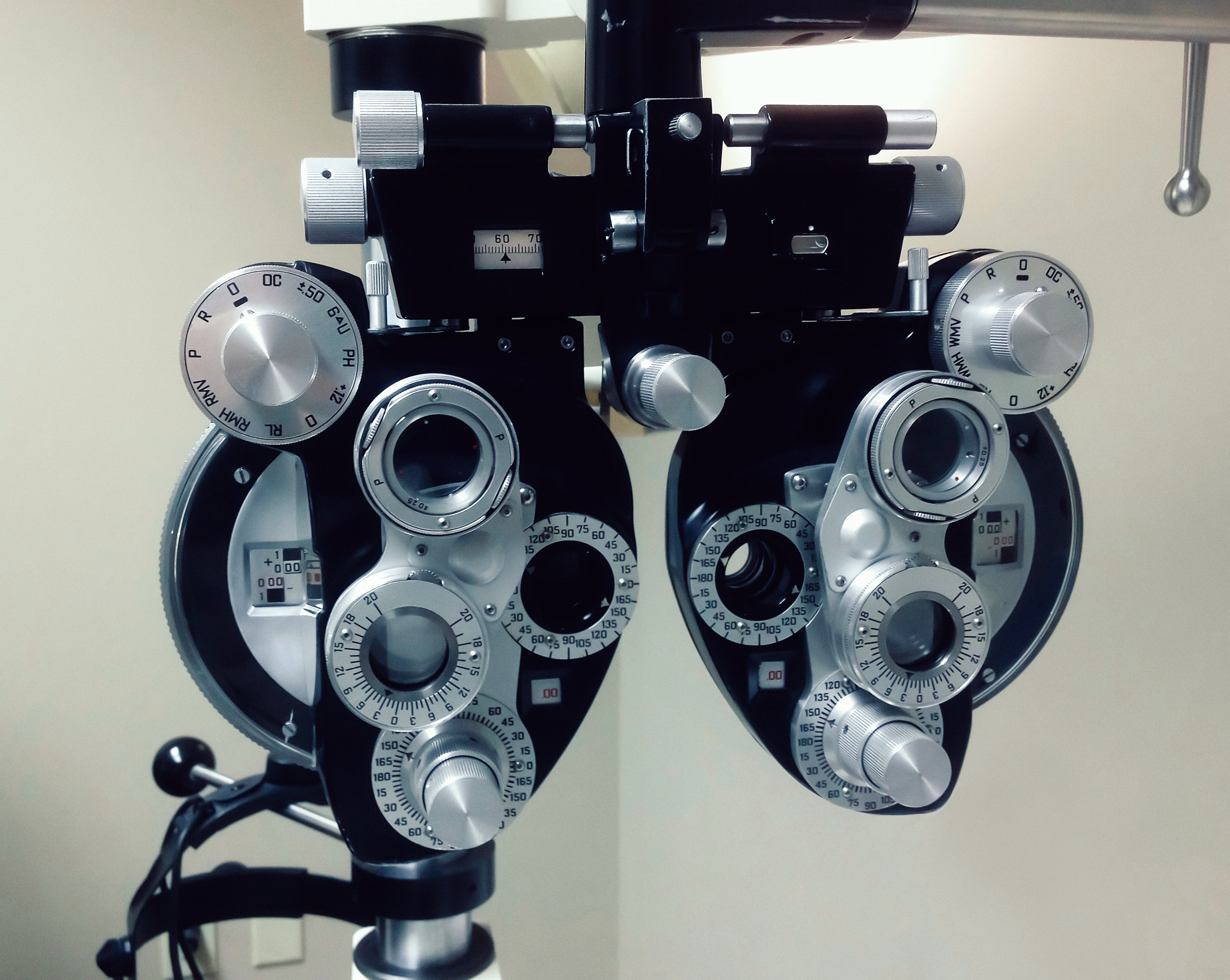
Why Regular Eye Exams Are Important Even if You Have 20/20 Vision
Why Regular Eye Exams Are Important Even if You Have 20/20 Vision
Dr. Carrie Smith, TriaVision
Many people believe that having 20/20 vision means they can skip their routine eye exams. It’s understandable — if you can see clearly, why worry? But as an optometrist, I can tell you that eye health is about so much more than just vision clarity. Eye exams are crucial to detect conditions that may not show any symptoms until they’re quite advanced, and by then, the impact on your vision could be significant.
What Does 20/20 Vision Really Mean?
First, let's clarify what 20/20 vision actually means. When we say someone has 20/20 vision, we’re talking about their ability to see at a certain distance — typically 20 feet — as well as most people can. But sharp distance vision doesn’t necessarily mean that your eyes are free of health issues. In fact, many eye conditions don’t affect the clarity of your vision until the later stages. This is why we emphasize the importance of comprehensive eye exams. I explain to my patients, “20/20 vision is great, but it’s only one piece of the puzzle in your total eye health.”
The Value of Early Detection
Regular eye exams allow us to detect hidden conditions like glaucoma, macular degeneration, and diabetic retinopathy, often before any noticeable symptoms develop. For example, glaucoma is known as the 'silent thief of sight' because it can progress without any symptoms. By the time vision changes are noticed, the damage is usually significant and permanent. Early detection through routine exams can help prevent unnecessary vision loss and blindness.
The good news? Eye exams are generally simple and quick, and they provide a wealth of information about your overall health, not just your vision. During an exam, we look at the health of your optic nerve, blood vessels, and retina, all of which can reveal early signs of other health issues, such as high blood pressure, high cholesterol, and even certain types of cancer.
How Often Should You Have an Eye Exam?
For most adults, we recommend a comprehensive eye exam at least every two years, even if you’re seeing well and have no eye symptoms. If you have risk factors like diabetes, high blood pressure, or a family history of eye disease, annual exams are essential. For those over 60, we advise routine exams, as this age group is at a higher risk for eye disease.
The Eyes as Windows to Your Health
Did you know that our eyes are one of the few places in our bodies where we can see the blood vessels directly? Because of this, eye exams can sometimes reveal signs of systemic conditions. High blood pressure, for instance, can cause changes in the blood vessels of the retina, and diabetes can cause bleeding at the back of the eye. This is another reason why regular eye exams are so valuable.
As I tell my patients, “Think of your eye exam as an investment in your health. Even if you’re seeing clearly, eye exams can help catch problems early, giving you the best chance to preserve your vision and your overall health for years to come.”
Stay Proactive About Your Eye Health
In short, maintaining 20/20 vision is wonderful, but it’s not a green light to skip your eye exams. Instead, think of your clear vision as a gift worth protecting. Schedule regular eye exams to monitor not just your sight but your total eye health. You deserve to see well, and regular check-ups are the best way to ensure that your eyes stay healthy over the long term.
If you’re due for an exam, feel free to reach out to us at TriaVision. We’re here to support every aspect of your eye health, from prevention to treatment, so that you can enjoy clear, healthy vision for life.

